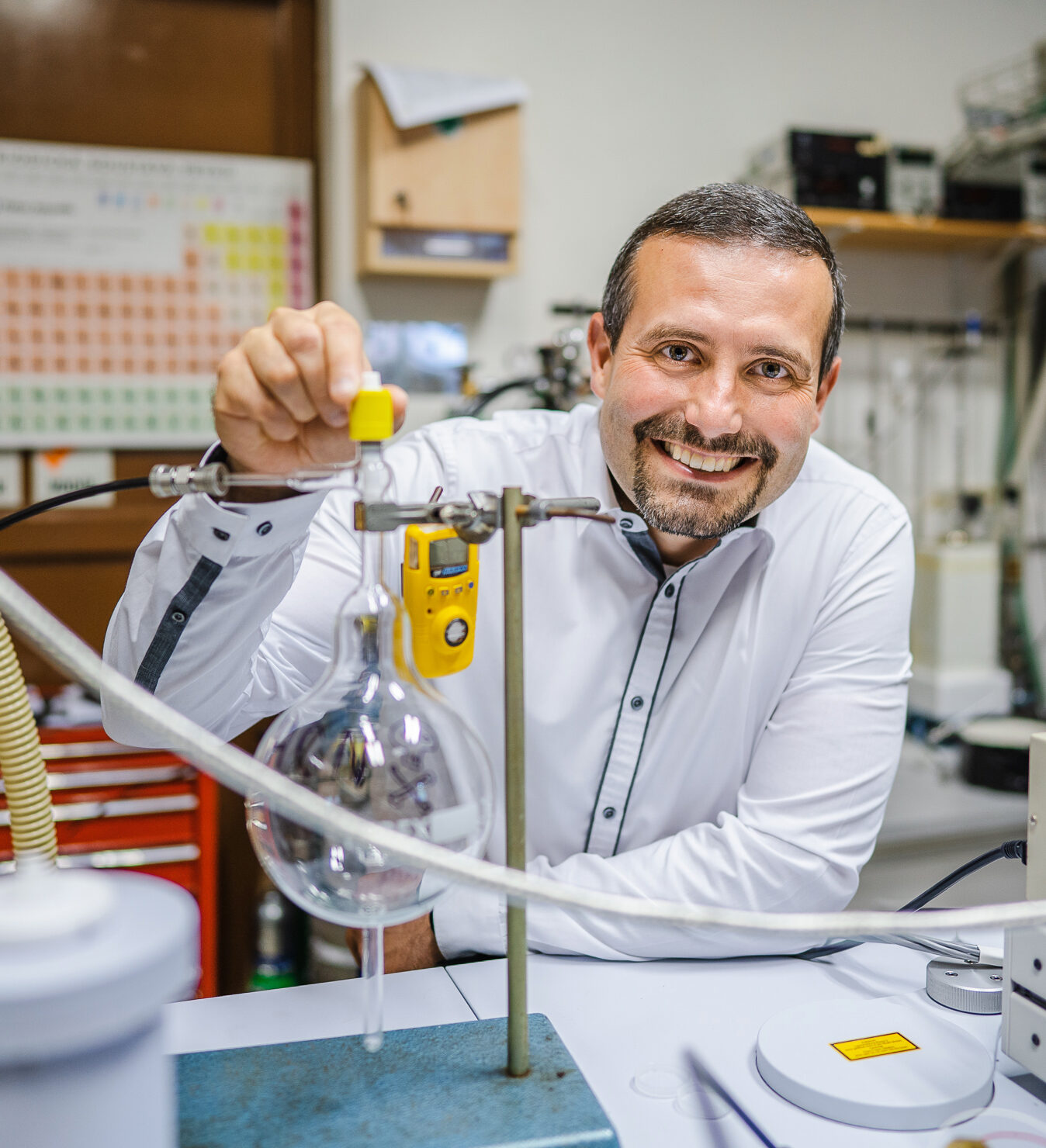 | Martin Ferus Czech Project Co-PI & WP ASH leader, head of the Department of Spectroscopy at JHI-CZ Co-PI Martin Ferus, head of the Department of Spectroscopy at JHI, specializes in the application of spectroscopic techniques in laboratory astrochemistry and astrophysics, with a particular focus on plasma chemistry in planetary atmospheres, meteors, and the development of space instruments. His expertise in physical and environmental chemistry intersects with planetary exploration, reflecting his long-standing passion as an amateur astronomer. Martin Ferus is also dedicated to the popularization of astrochemistry and astrobiology. His research on the synthesis of prebiotic molecules triggered by impact events on early Earth has earned multiple academic awards. He serves as the Czech Co-ILS of the EnVision mission and the Czech Co-PI of the Ariel space telescope mission. Within the current project, he will coordinate the experimental work, providing spectroscopic analyses and chemical modeling. |
 | Peter Woitke Austrian Project PI & WP CAV leader, group leader at IWF-OeAW PI Peter Woitke leads the “Planet-forming disks and astrochemistry” group at the IWF in Graz. His thermochemical disk modeling software package ProDiMo is used world-wide to analyse multi-wavelength observations of proto-planetary disks, obtained for example with ALMA. He has expertise in various kinds of chemical processes (gas phase, UV, X-ray, cosmic ray, ice formation, surface chemistry), heating & cooling, and line and continuum radiative transfer. His recent activities connected the field of protoplanetary disk research to the initial composition of planets and the formation of primitive bodies in the solar system. His general purpose chemical and phase equilibrium code GGchem recently caused a great stir in the exoplanet community as it has opened up new ways to predict the gaseous molecular composition and the material composition of condensates with an ultra-fast tool that can be incorporated into e.g. hydro-simulations and retrieval codes. |
 | Helmut Lammer WP VEV leader, group leader at IWF-OeAW WP VEV leader Helmut Lammer leads the “Solar System Planetary Physics” research group at the IWF in Graz. He was a Co-I of CoRoT, was and is involved in Mars Express (ESA-RCL), Venus Express, as a Co-I on the particle instruments SERENA-Strofio on board of ESA’s BepiColombo spacecraft and the PEP instrument on board of JUICE and the MANIAC-instrument on board of Comet Interceptor. He will supervise the project related IWF-PhD and contribute to study Venus water evolution related to thermal and non-thermal atmospheric escape. |
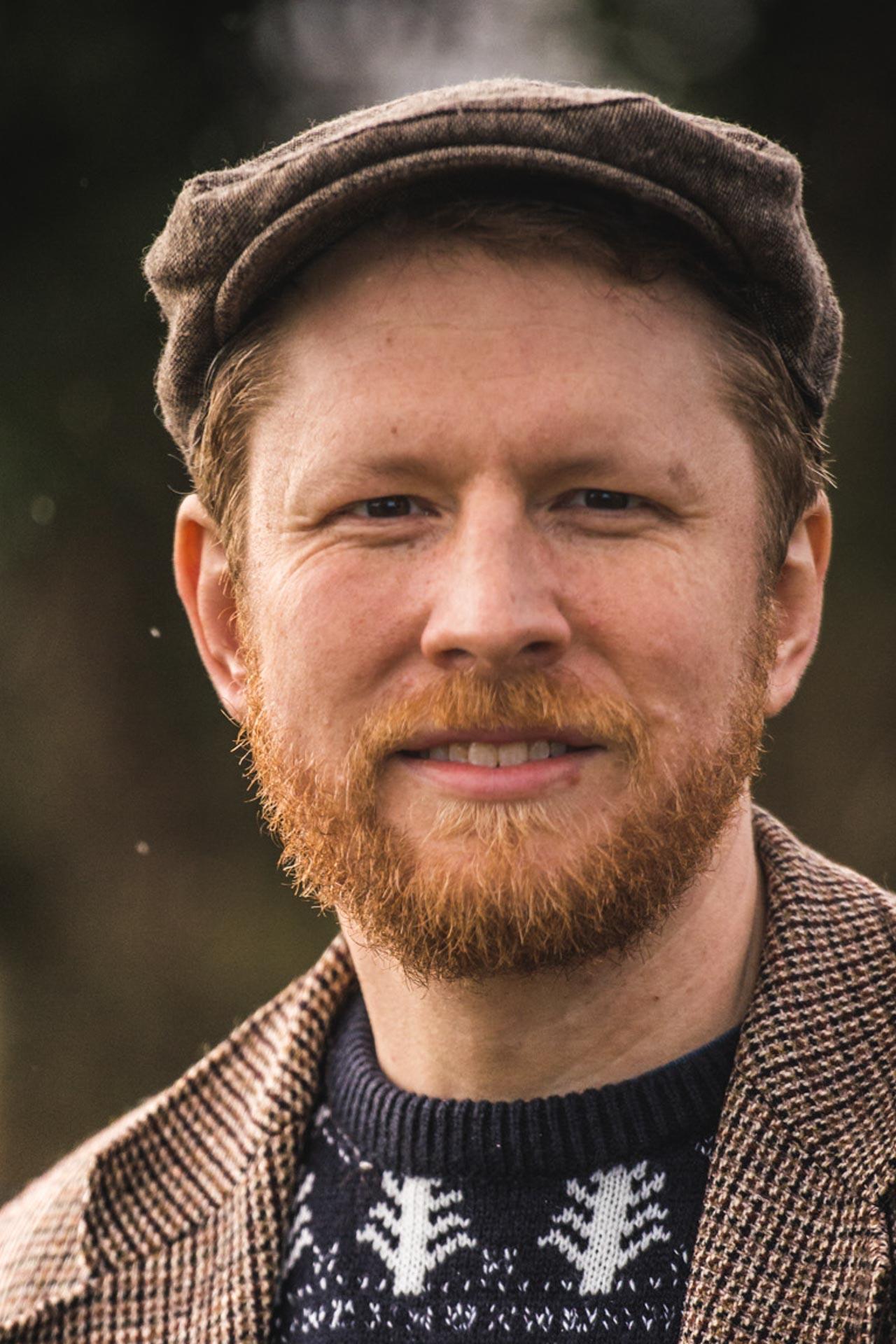 | Paul Rimmer Project Support, head of the Planetary Astrochemistry Lab, University Cambridge Paul Rimmer leads the Planetary Astrochemistry Group at Cavendish Laboratory, University of Cambridge, United Kingdom. He performs laboratory experiments exploring UV-driven photochemistry for a wide range of planetary atmospheres and surfaces. He develops chemical networks and solvers for 0D and 1D gas-phase and heterogeneous environments, which have been used by several groups to predict atmospheric chemistry on Earth, Mars, Venus, Jupiter and on exoplanets. He is involved in the Venus Life Finder (VLF) and DAVINCI missions. |
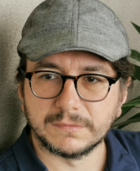 | Manuel Scherf Project Postdoc at IWF-OeAW Manuel Scherf is a member of Peter Woitke’s group at IWF and is also closely collaborating with the group of helmut Lammer. He is an expert in planetary habitability, atmospheric evolution, star-planet interactions, and thermal and non-thermal escape processes. He studied Physics and Philosophy at the University of Graz, Austria, and graduated in Astrophysics in 2023 on “The Influence of the Sun/Host Star on Atmospheric Evolution and the Habitability of Terrestrial Planets. Recently, he modeled the distribution and prevalence of Earth-like Habitats in the Galaxy, thereby finding that complex life as we know it is likely rare in the Milky Way. |
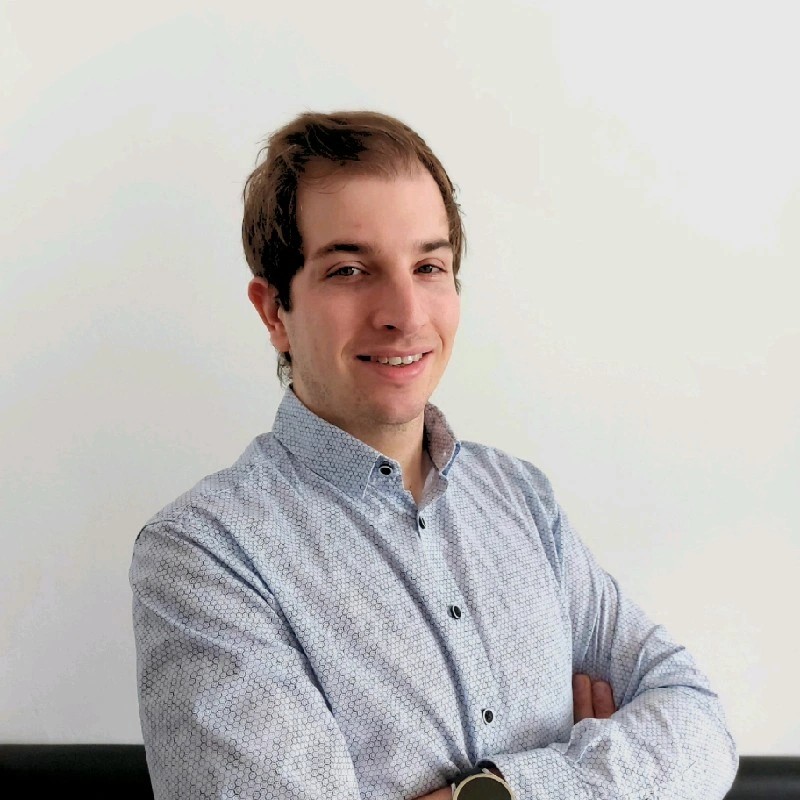 | Fabian Weichbold Project PhD at IWF-OeAW Fabian Weichbold is a PhD in the group of Helmut Lammer who works on the upper atmosphere of Venus. As part of the VeReDo project, he will derive D and H abundances in the Venusian atmosphere and aim to reconstruct the water loss from the planet. In his Master Thesis, he applied the ion cyclotron wave methodology to reconstruct volatile abundancies in the exosphere of Mercury. |
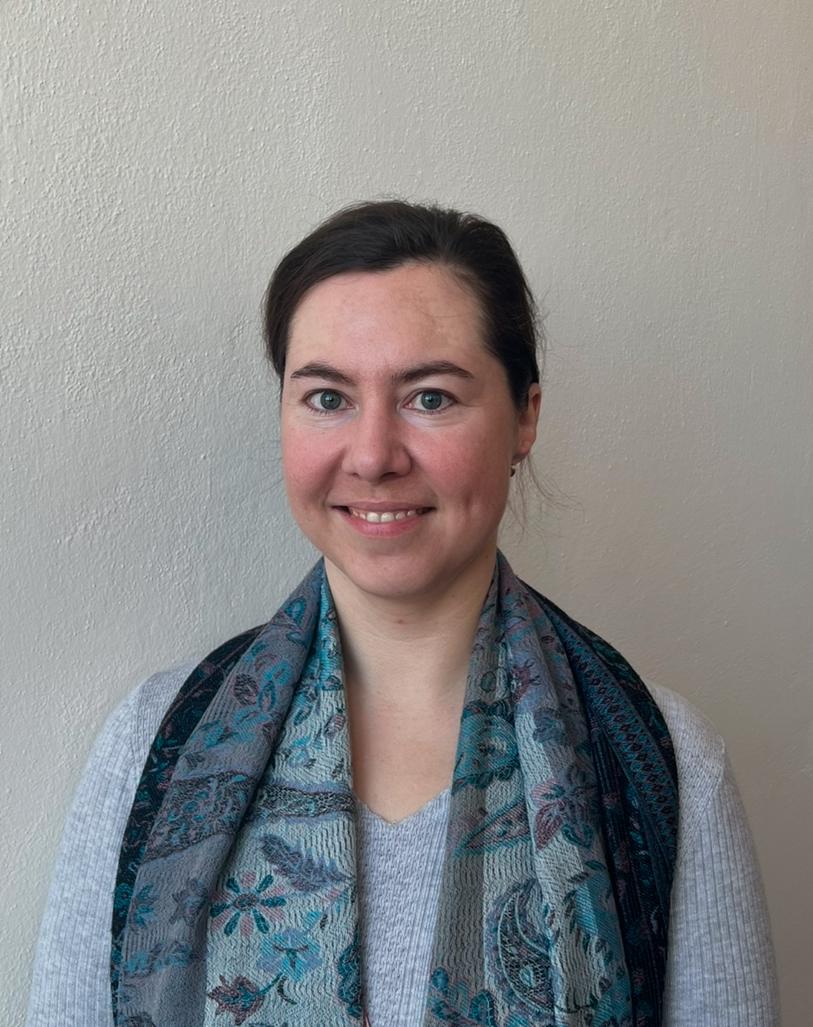 | Alice Jarošíková Project Postdoc at JHI-CZ Alice Jarošíková is an environmental geochemist. She earned her Ph.D. in Applied Geology from Charles University, Prague, focusing on the transformation of smelting wastes in soil systems. She has held research positions at Charles University, Silva Tarouca Research Institute, and Ben-Gurion University of the Negev, Israel, where she worked on sustainable phosphorus recovery. Alice is also dedicated to science communication, contributing to popular science publications and radio broadcasts. Her research has earned multiple awards, including the Dean’s Award for the best doctoral thesis. Within the current project, she will contribute her expertise in environmental geochemistry, analytical spectroscopy, and geochemical modeling, focusing on metal transformations and sustainability applications. |
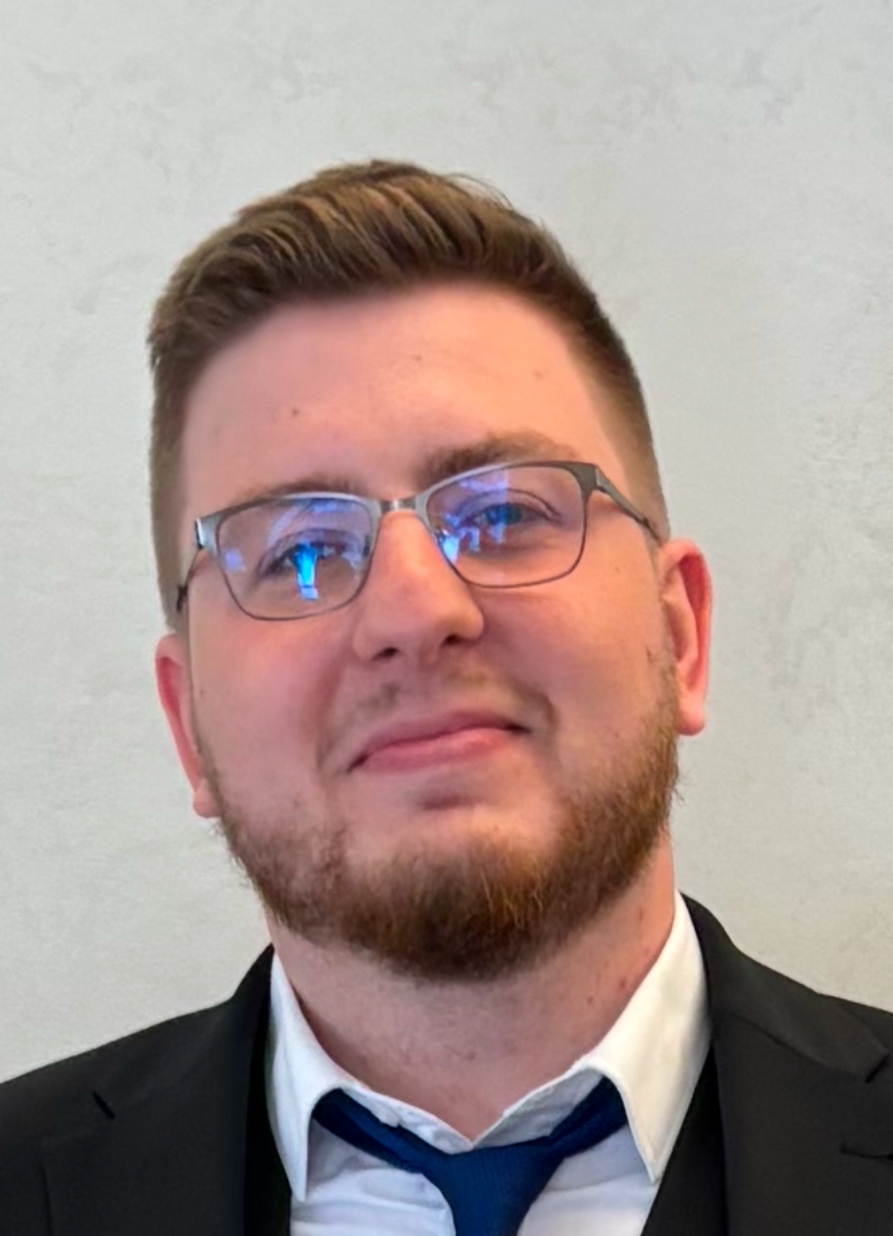 | Petr Eminger Project PhD at JHI-CZ Petr Eminger is a PhD student in the group of Martin Ferus. Although he is part of the Department of Spectroscopy, his main focus are quantum chemistry calculations. In VeReDo project, he works on calculations of thermodynamic properties or reaction mechanisms of studied molecules on Venus. The goal is to connect experimental and theoretical for better description of chemical composition of Venus atmosphere. |
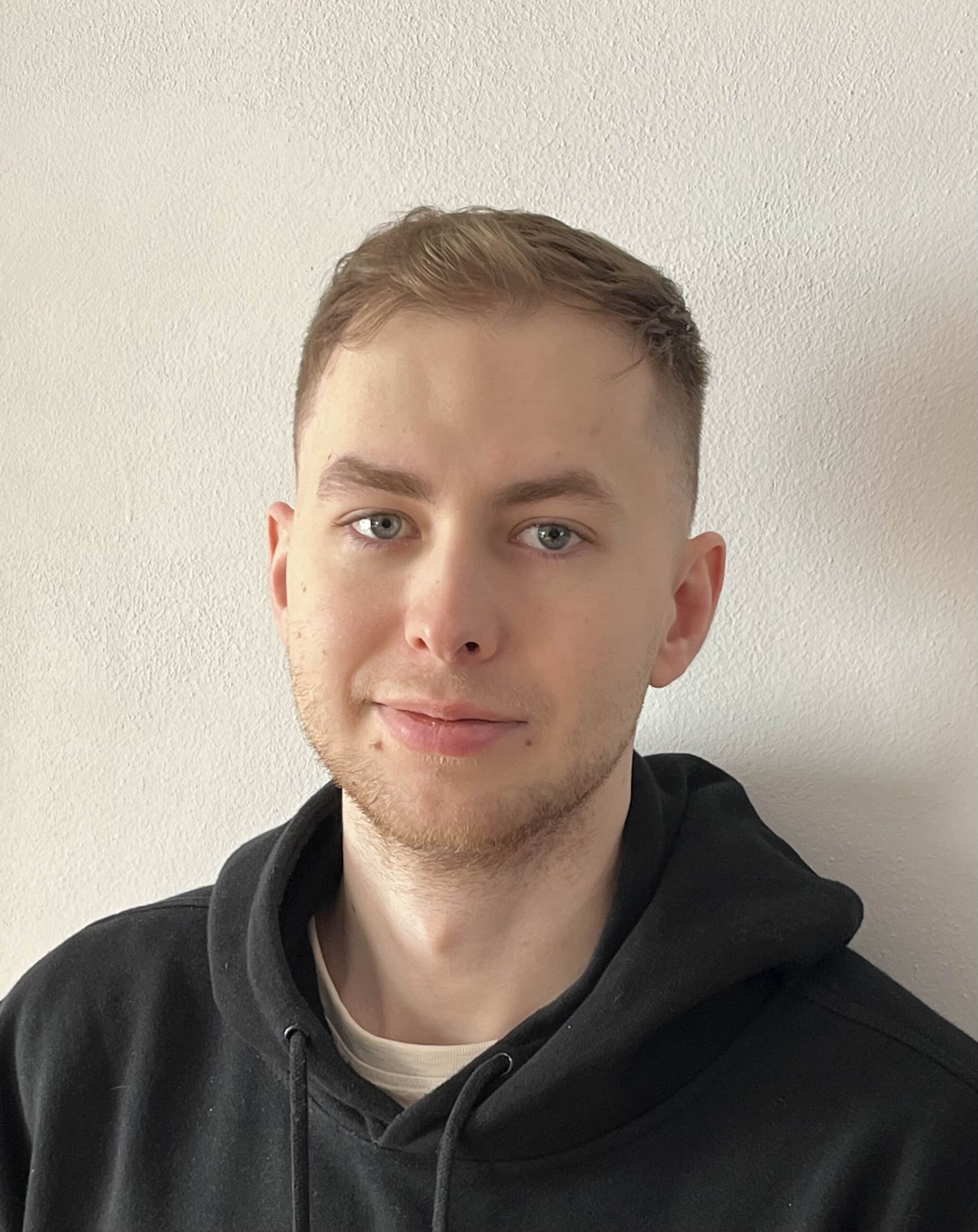 | Jaroslav Kačina Project Bachelor Student at the Institute of Geochemistry, Mineralogy and Mineral Resources, Faculty of Science, Charles University, Prague, Czech Republic Jaroslav Kačina is a Bachelor’s student in Martin Ferus’s research group. His work primarily involves the experimental study of CH₄ synthesis on acidic minerals under Venus-like conditions. His research aims to demonstrate the possible formation of methane on minerals that may exist on the surface of Venus and other terrestrial bodies. |
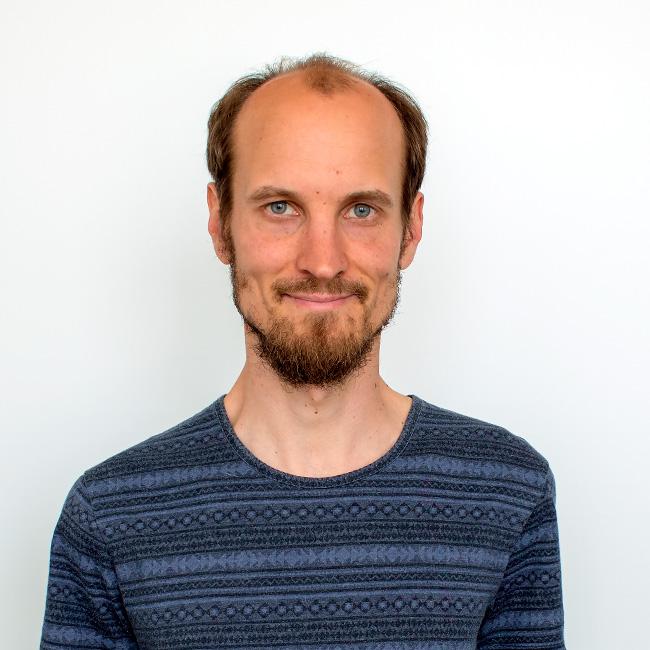 | Jan Suchánek Project support, scientist at JHI-CZ Jan is a researcher specializing in spectroscopic sensor mechanisms for detecting hazardous substances in liquid and gas phases. His expertise includes photoacoustic spectroscopy with diode lasers, quantum dots, and micro/nano-mechanical elements for analytical applications. He earned his Ph.D. from VŠB – Technical University of Ostrava, focusing on the optical properties of quantum dots in safety engineering. Since 2010, he has been a researcher at the J. Heyrovský Institute of Physical Chemistry, contributing to multiple projects on gas monitoring, environmental sensing, and novel spectroscopy-based detection techniques. Dr. Suchánek has co-authored patents on laser spectroscopy-based sensors and has published in leading scientific journals. His research advances real-time environmental and industrial safety monitoring. Within the current project, he will focus on experimental spectroscopy, sensor applications, and method development for detecting key species in atmospheric and planetary environments. |
